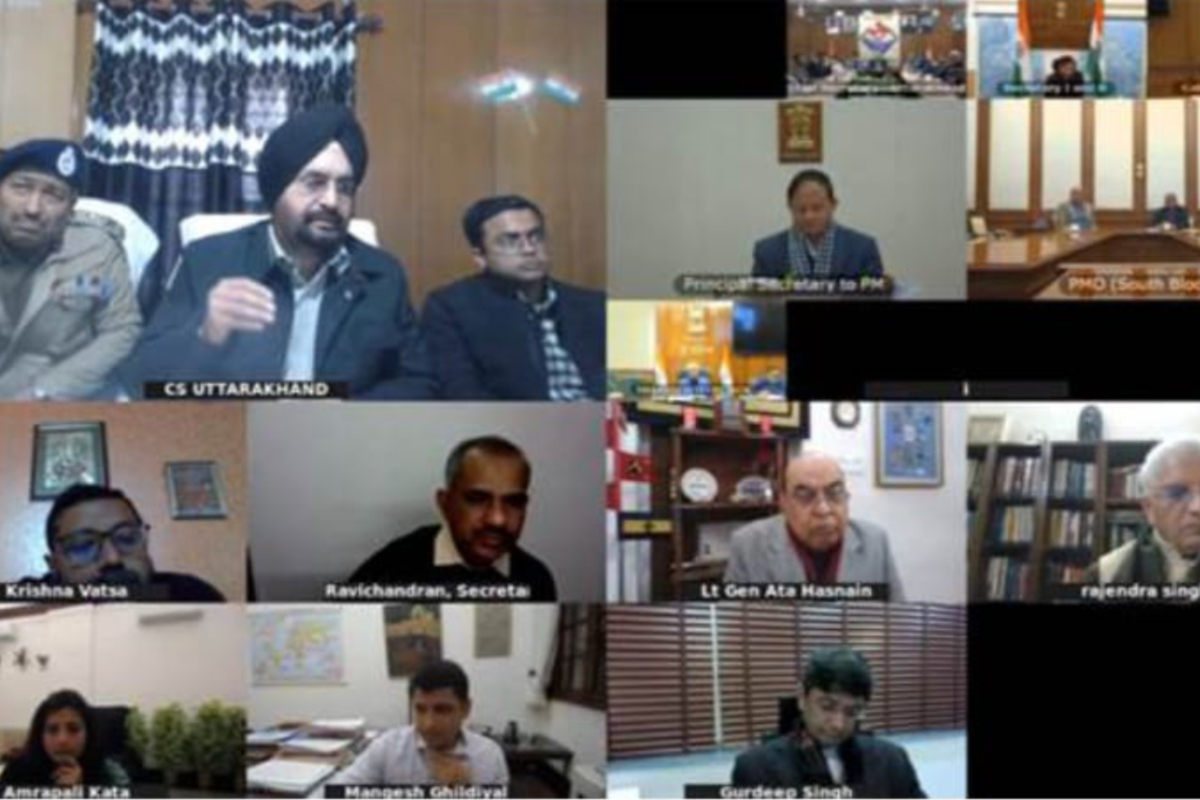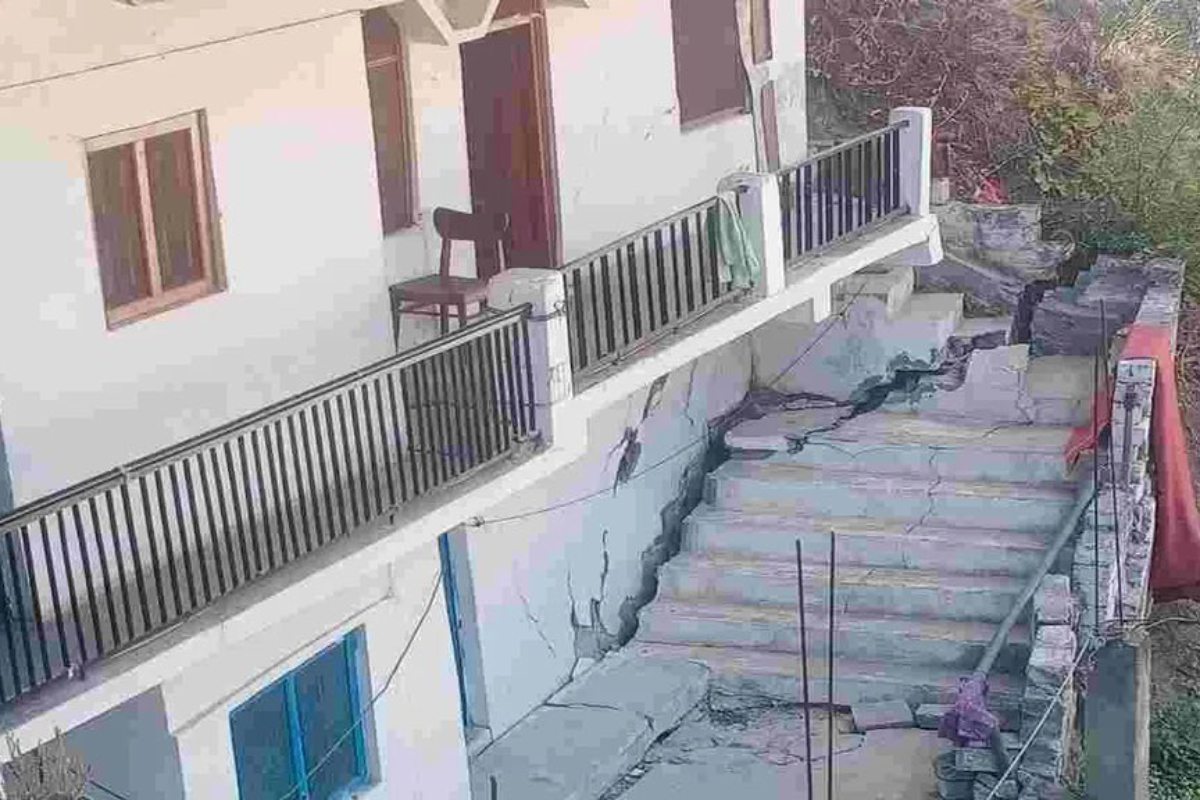The Prime Minister’s Office on Sunday held a high-level meeting to deal with the serious issue of the sinking of Joshimath in Uttarakhand.
The high-level meeting was called by Principal Secretary to Prime Minister PK Mishra at his office, where Uttarakhand Chief Secretary briefed the PMO about the rescue operations and status of the situation.
The directions were also issued to the state government and various central agencies to provide all possible help to the affected residents. Directions were also issued to prepare plans to resolve the problem of the sinking of the town.
Located at a height of 6,000 feet, the residents of Joshimath hit the panic button after fissures and cracks started to appear on their residences and various other installations over the past few months.
Over 200 families have been affected, with the majority of them leaving their houses fearing collapse.
“Government of India agencies and experts are assisting the state government to prepare short, medium and long-term plans. One team of NDRF (National Disaster Response Force) and four teams of the SDRF (State Disaster Response Force) already reached Joshimath. Affected families are being shifted to safe locations,” PMO said.
The Secretary, Border Management and members of the NDMA (National Disaster Management Authority) will visit Uttarakhand on January 9 to assess the situation.

They will undertake a detailed assessment of the findings of the technical teams that have just returned from Joshimath and advise the state government on immediate, short-medium-long-term actions to address the situation.
The principal secretary to the Prime Minister stressed that the immediate priority for the state should be the safety of the people living in the affected area.
“State government should establish a clear and continuous communication channel with the affected people. Immediate efforts should be made to arrest the deterioration of the situation through practical measures that may be feasible. An interdisciplinary investigation of the affected area should be undertaken,” the principal secretary said.
Experts from various central institutions – National Disaster Management Authority (NDMA), National Institute of Disaster Management (NIDM), Geological Survey of India (GSI), Indian Institute of Technology (IIT) Roorkee, Wadia Institute of Himalayan Geology (WIHG), National Institute of Hydrology (NIH) and Central Building Research Institute (CBRI) – should work closely with the state of Uttarakhand in the spirit of “Whole of Government” approach,” he added.
“A clear, time-bound reconstruction plan must be prepared. Continuous seismic monitoring must be done. Using this opportunity, a risk-sensitive urban development plan for Joshimath should also be developed,” the principal secretary added.










